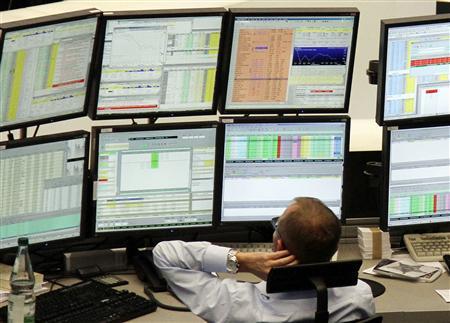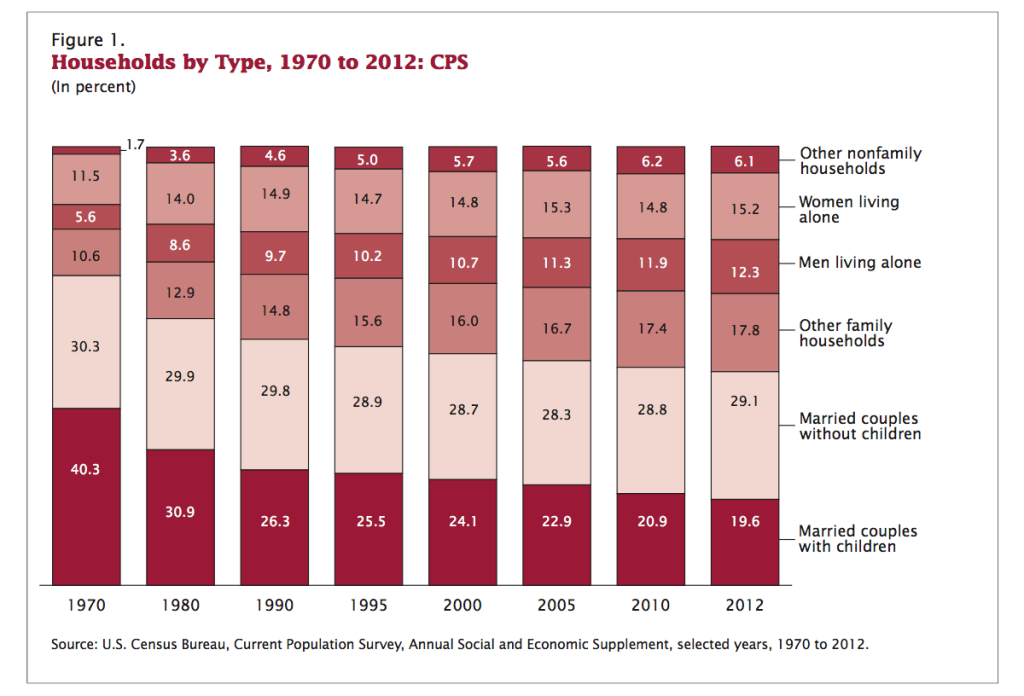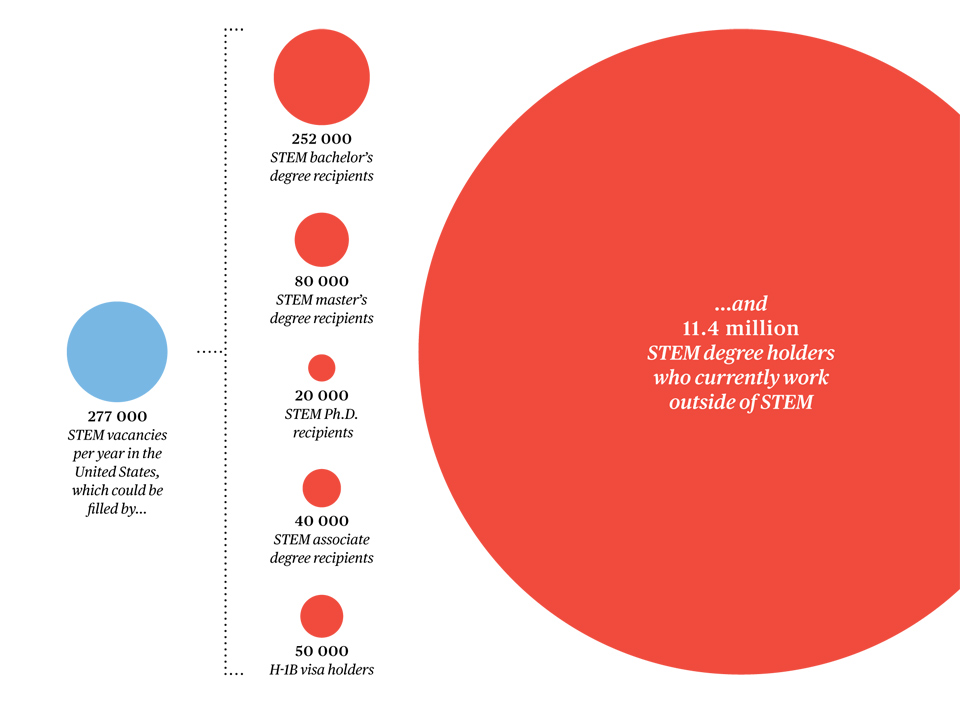Most of the folks reading this will probably agree to both of the following statements:
1. I am a frequent multi-tasker.
2. I think I am pretty good at multi-tasking.
Because we pretty much have to be, right?
There is always too much going on, too much work to do, too many family and personal commitments (I bet someone is reading this post right now on their smartphone while 'watching' one of their kids play soccer or in a dance rehearsal), too many things to read, too many social networks that need attention - you get the idea.
And the truth of it is that in just about every situation we encounter (save for any time spent in long-term solitary confinement), we are always juggling, choosing, focusing on some, and trying to eliminate other messages and stimuli in our environment. Think about the simple, everyday act of driving a car for example. You are simultaneously monitoring road conditions, gauges on the car's dash, the weather, traffic signals, other drivers, pedestrians, those idiots on their bicycles that give you dirty looks when they're the ones who are the menace, and more.
And some of you have become so good at it that you can add applying makeup or carrying on a Twitter chat (not recommended), while behind the wheel.
But I think the driving example is a perfect illustration of how we trick ourselves into thinking we are actually much, much better at multi-tasking that we really are. We get deluded into thinking we are good at it, or we simply accept the fact as a given that we have to be good at it, and continue onward in fruitless quest to be great, (or at least pretty good), at everything at all times.
And now there is new research that suggests that not only are we not as good at multi-tasking as we think we are, that prolonged multi-tasking actually makes us worse at multi-tasking itself - kind of a counter-intuitive spin on 'practice makes perfect.'
Check this excerpt from the Priceonomics blog - a look at some recent Stanford University research into multi-tasking and it's effect on task completion and task juggling.
People generally recognize that multitasking involves a trade-off - we attend to more things but our performance at each suffers. But in their study “Cognitive Control in Media Multitaskers,” Professors Ophira, Nass, and Wagner of Stanford ask whether chronic multitasking affects your concentration when not explicitly multitasking. In effect, they ask whether multitasking is a trait and not just a state.
To do so, they recruited Stanford students who they identified as either heavy or light “media multitaskers” based on a survey that asked how often they used multiple streams of information (such as texting, YouTube, music, instant messaging, and email) at the same time. They then put them through a series of tests that looked at how they process information.
People generally get better at activities they do often. But that may not be true of multitasking. Since heavy multitaskers often switch between research and emails or Facebook chats and work, we'd expect them to outperform the light multitaskers at switching back and forth between the two tasks. But they actually performed worse as their delta was higher than that of the light multitaskers.
The professors conclude that frequent multitaskers seem to “have greater difficulty filtering out irrelevant stimuli from their environment, [be] less likely to ignore irrelevant representations in memory, and are less effective in suppressing the activation of irrelevant task sets (task-switching).” More colloquially, the multitaskers were more easily distracted from a single task and worse at switching between tasks.
Let that sink in - we get worse and worse at multitasking the more we do it.
If the conclusions from this study are at all accurate, then that does not bode too well for those of us that have conditioned ourselves to be constantly hopping from one thing to the next. And technology, it seems to me, isn't really helping in this regard. Rather than trying to exploit technology to make things simpler, more clear-cut, and maybe more efficient, I think most of us are simply using it to consume more, interact more, do more, and attempt to be (virtually) in five places at once.
So let's re-visit the two statements that led off this post and re-word them a little.
1. I am a frequent multi-tasker. (ok that one will probably still be valid for a while)
2. I think I am pretty good terrible at multi-tasking, and the more I do it the worse I get.
What tips or ideas do you have to combat the seemingly overwhelming urge to multi-task?


 Steve
Steve




